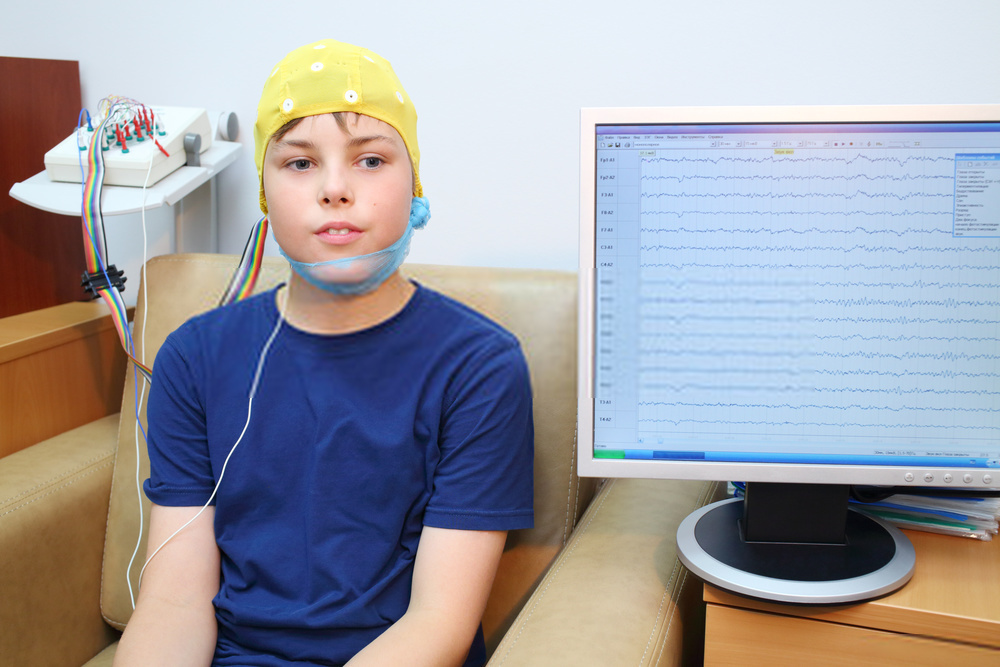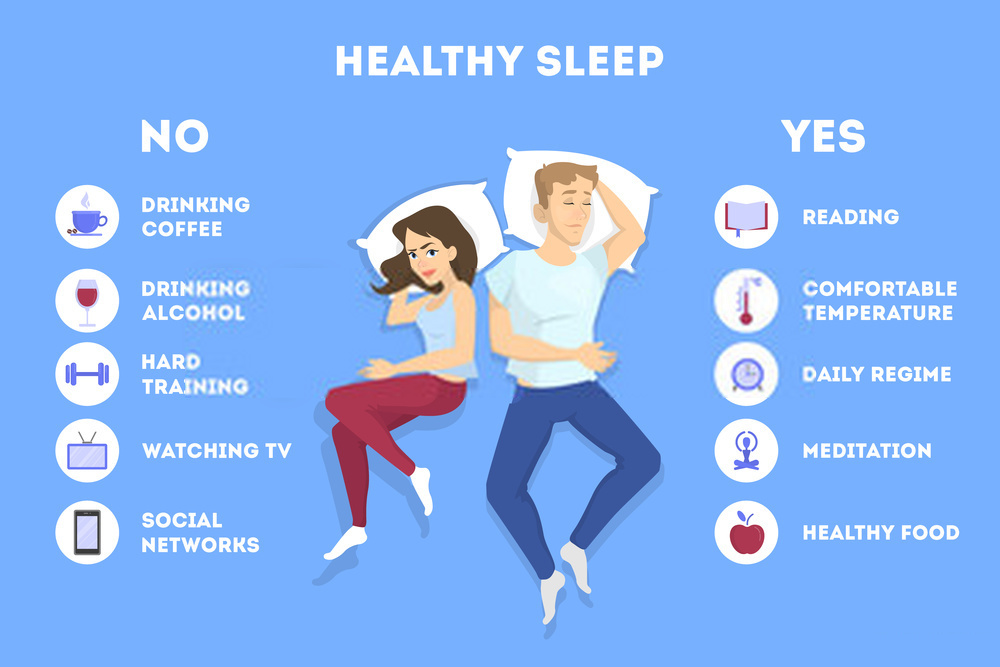Did you know that getting good sleep plays an important role in your health, as much as the food and the water you drink?
By getting a good amount of sleep daily, you tend to be more alert, energized, focused, clear-headed, and maintain your body weight.
Losing quality sleep puts you at risk of serious health challenges like diabetes, heart attack, and stroke. Oversleeping regularly (due to not getting enough sleep the night before or cumulatively during the week) can also put you at risk.
What are the important benefits of sleep you need to know?
In this article, we will discuss what sleep is, the amount you need, reasons why you don’t get enough, some sleep disorders, and ways you can get more sleep.
Content Navigation
- Science of sleep
- Average hours of sleep you need daily
- Benefits you get from having enough sleep
- Reasons why you don’t get good sleep at night
- Common sleep disorders
- How you can get more sleep
- Final thoughts
What does science have to say about sleep?
Science views sleep from two areas: one is the physiological changes that manifest to the waking brain’s electrical rhythms, while the other is the behavioral changes that occur, such as lack of mobility, slow eye movements, reduced response, among others.[1]
Based on these two changes that occur to the human body, sleep can be classified into two, namely:
American Academy of Sleep Medicine (AASM) scoring manual subdivides NREM sleep into three stages (N1, N2, N3), mainly based on Electroencephalogram (EEG) criteria. These three stages alternate in a cyclic manner with REM sleep.[2][3][4]
Notably, the difference between the two is the rate at which eye movements occur – it is slow in NREM while fast in REM.
Moreover, NREM (called inactive sleep) accounts for about 75 to 80 percent of sleep time in adult humans, while REM (called active sleep) takes up about 25 to 20 percent of the sleep time.[5]

Figure 1: A boy during an electroencephalography session
How many hours of sleep do you need?
The quality of a good night’s sleep influences moods, behaviors, productivity, cognitive development, and other spheres of human life.
Is there an ideal number of good night’s sleeping hours? How much sleep is sufficient to make you feel well-rested and perform well during the day?
Over the years, there have been several studies on sleep duration among children and adults.
A scientific review by Galland with the figure below reveals an inverse relationship with age (of infants and children aged 0–12 years) with normative sleep duration. Furthermore, the study shows that Asians had significantly shorter sleep compared to Caucasians or other ethnic groups.

The American Academy of Sleep Medicine (AASM) and Sleep Research Society (SRS) recommends 10-13 hours of sleep for Preschoolers (3–5 years), 9–12 hours for Children (6–12 years), 8–10 hours for Teenagers (13–17 years), 7-9 hours for Adults (18–60 years).
Table 1: Recommended sleep duration for different age groups.
| Age Group | Recommendation (by AASM, 2015) |
| Preschoolers (3–5 years) | 10-13 hours |
| Children (6–12 years) | 9–12 hours |
| Teenagers (13–17 years) | 8–10 hours |
| Adults (18–60 years) | 7-9 hours |
What are the benefits of having a good sleep?
It is well known that sleep is important, and its deprivation (either from lifestyle or sleep disorder) can cause short-term and long-term consequences. [6]
Therefore, there is a need to understand the benefits of sleep to optimal health.
Here are 10 reasons why a good night’s sleep is beneficial:
- Getting enough sleep helps in weight control
- Quality sleep aids your level of alertness
- Sleep helps reduce disease risks
- Good sleeping habit improves productivity and learning
- Getting adequate sleep boosts your mood
- Sleep improves your immune function
- Sleep help reduces stress
- Sleep reduces inflammation and cell damage.
- Good sleep lowers rates of absenteeism.
- Sleep may reduce the risk of depression
Why can’t you get enough sleep at night?

Several physiological and mental factors might prevent you from getting enough sleep. Some of the common ones are:
- Overweight
- Caffeine
- Excessive alcohol and smoking
- Anxiety
- Pain and Discomfort
- Health problems like cardiovascular and respiratory diseases
It is vital to get treatment if you have a health challenge that affects or disrupts your ability to sleep well regularly.
Common sleep disorders
Sleep disorders are medical and health conditions that affect the quality, amount, and timing of sleep. They include the medically less significant ones like snoring and the more significant ones resulting in difficulty initiating and maintaining sleep.
The following list shows the types of sleep disorders:
How can you get more sleep?
It is pertinent to be wary of activities that can result in sleep deprivation because of its negative consequences to overall health and well-being.
Moderation is the key here because of the risks associated with oversleeping.
If you require more sleep, you can do the following:
- Exercise regularly.
- Stay away from all screen types — computers, smartphones, tablets, and TVs – during bedtime.
- Ensure proper time management and perform important activities during the day.
- Shun acts of chatting, video-calling, or reading at bedtime.
- Sleep for an exact number of hours every night.
- Fix an appropriate time for going to bed each night.
- Turn off light and avoid noisy atmosphere during the sleeping period.
Final Thoughts
Sleep is characterized by both physiological and biological state that forms part of our lives. In this article, we discussed the importance of sleep, sleep disorders, and ways to get more sleep. In the case of a prevailing sleep order, the treatment should be handled by a sleep specialist.
Are there other benefits of good sleep we didn’t mention?
Let’s know in the comment section.
References
[1] Chokroverty S. An overview of normal sleep. In: Chokroverty S, editor. Sleep disorders medicine: Basic science, technical considerations and clinical aspects, 3rd ed. Philadelphia: Elsevier/Butterworth; 2009.
[2] McCarley RW. Neurobiology of REM and NREM sleep. Sleep Med 2007; 8 : 302-30.
[3] The AASM manual 2007 for the scoring of sleep and associated events. Rules, terminology and technical specifications.Westchester, IL, USA: American Academy of Sleep Medicine;2007
[4] Rechtschaffen A, Kales A. A manual of standardized terminology, techniques and scoring systems for sleep stages of human subjects. Los Angeles: UCLA Brain Information Service/Brain Research Institute; 1968.
[5] McCarley RW. Neurobiology of REM and NREM sleep. Sleep Med 2007; 8 : 302-30. The AASM manual 2007 for the scoring of sleep and associated events
[6] Chokroverty S. Physiological changes in sleep. In: Chokroverty S, editor. Sleep disorders medicine: Basic science, technical considerations and clinical aspects, 3rd ed. Philadelphia: Elsevier/Butterworth; 2009.


